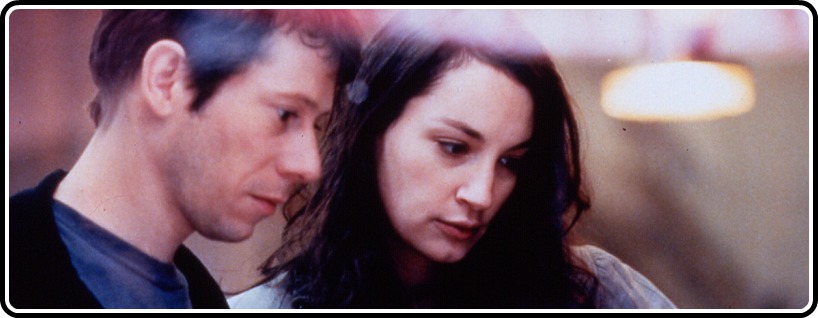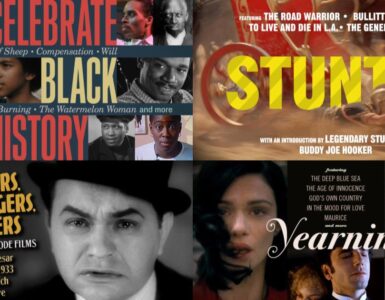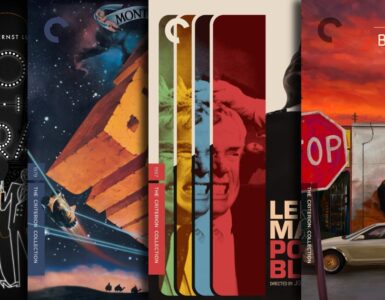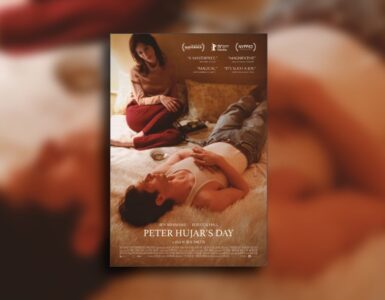Late August, Early September is a somber but insightful drama headlined by one of the best ensemble casts of recent years. This type of ensemble drama is familiar, yet director and writer Oliver Assayas does not force his characters to be submerged in plot, subplot or obvious arcs. He lets them be free to talk about their feelings in an unguided manner while still maintaining absolute thematic control.
The film is separated in six parts, with the passing of several weeks or months between segments. The catalyst for the film is writer Adrian’s (François Cluzet) illness and eventual death. Adrian has just turned forty, and with the start of his illness comes an acknowledged disappointment about his writing career. The film’s main character though, is Gabriel (Mathieu Amalric), Adrian’s friend and mentor. Gabriel, a book editor, is younger than Adrian and is in a muddled state with his career, romantic life and living situation. At the start of the film, he and ex-girlfriend Jenny (Jeanne Balibar) are selling their apartment. He and new younger girlfriend Anne (Virginie Ledoyen) are in a relationship based on sex and quarrels.
This film heavily deals with characters discussing their past and current relationships with others. Jenny looks at her failed romance with Gabriel with a wistful nostalgia. Gabriel clings to these memories as well, but with the understanding that their relationship was, in his eyes, a disaster. They still maintain a connection that both find hard to break. Gabriel and Anne are in a rocky place throughout because of Anne’s unpredictable temper and Gabriel’s lack of active emotional involvement. Late in the film, we learn that Anne’s hesitance about Gabriel comes from a sexual place as she sometimes craves a kinkier experience, which she assumes he is not willing to give. Furthermore, she is incapable of expressing herself verbally when it comes to him, making it impossible to communicate about her concern. Adrian has an ex named Lucie (Arsinée Khanjian), whose perspective on their ten year relationship is examined, as well as his current relationship with Vera (Mia Hansen-Løve), a sixteen year old. In addition to the actual couples, there are many friendships that allow for new dynamics and build on individual characterization.
Throughout the film, it becomes evident that relationships carry many different identities .These are formed by the various perspectives of those in the relationship, and the friends and family whose observations create separate perspectives. The majority of the scenes feature two of the characters talking. Assayas creates as many different points of view as he can, creating a full understanding of these relationships. All of this adds up to a film that looks at how others see their relationships before, during and after the fact.
For all the focus on relationships in the film, the strongest scenes come from the friendship between Gabriel and Adrian. Adrian closes himself off to people but opens up with Gabriel. Gabriel looks up to Adrian, and is slightly intimidated by him. What Adrian’s friendship means to Gabriel and how his death affects him one of the focal points of the film and its most succinct arc.
When his book is criticized for lacking focus, Adrian asks if stories really say anything about the world. Assayas’ film works the way Adrian’s book assumedly does. Outside of the moments of necessary exposition, the characters do not seem guided along by a screenplay, an effect difficult to obtain. There is little plot; it has a story but outside of Adrian’s sickness, but few events occur. It simply captures peoples’ lives in a specific time as they move into a new era, jumpstarted with Adrian’s death. The director makes a point of noting how much time has passed in between each segment. Time moving forward and how people adapt to change is an important fixture in Late August, Early September. This is a time where the fate of old and new connections hang in the balance. A time where careers are in limbo and death has impacted them all. It is a critical time for them. Without sentimentalizing, the film deals with time, change, relationships, connections, perspectives and mortality in a truthful way.
Late August, Early September may seem modest, but it has a lot to say about relationships, friendships and the changes they go through with passing time. Music by Ali Farka Touré is used sparingly but in all the right places. The entire cast is stellar and the film worth seeing for the acting alone. Olivier Assayas has crafted a quiet and unassuming film that speaks a lot of truth about human connections and the perspectives we attach to it.
8.5/10






